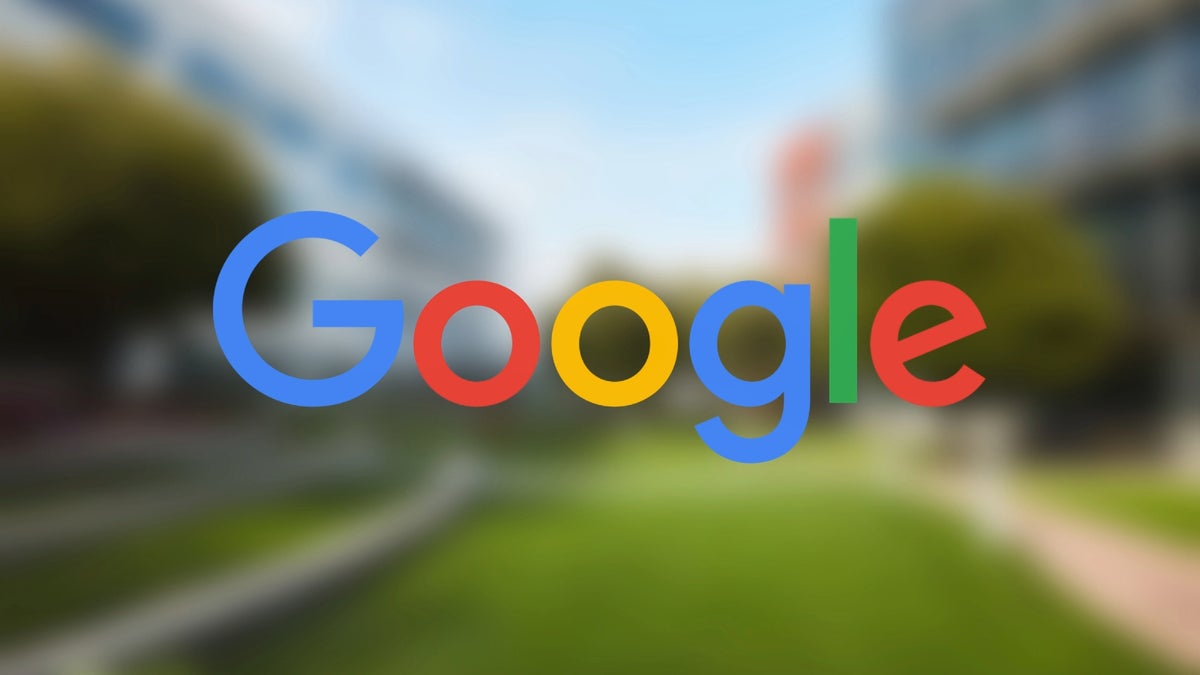Google's cookie crackdown: Third-party cookies face extinction in Chrome

Google's 2020 plan to ditch third-party cookies in Chrome is becoming a reality. That annoying "accept" or "reject" prompt for cookies is on its way out.
As Gizmodo reports, Chrome disabled cookies for 1% of its users, or around 30 million people, introducing them to Tracking Protection, which limits third-party cookies, curbing websites from tracking users as they browse. Google plans to progressively implement Tracking Protection in the coming months, with the goal of disabling third-party cookies for all Chrome users by mid-2024.
Users in this rollout see a popup introducing Google's "Tracking Protection" and a little eyeball logo in the URL bar when tracking protection is on. Users can click on the eyeball to allow specific websites to use cookies, as this shift may disrupt some site functionalities.
What is the difference, you may wonder? The new system, touted as less invasive than cookies, operates entirely on the user's device, with all data processing happening locally. Google assures users that it will store their interests for a limited period of three weeks.
So, in a nutshell, Chrome tracks your online activity but stores the data on your device, categorizing you into groups based on preferences. Websites can ask about your cohort, but individual browsing data stays private.
As Chrome phases out third-party cookies, users can expect changes in personalization, website functionality, and ad targeting. Websites may become less personalized, and some features may experience disruptions. Contextual targeting will become more common, and new ad-targeting technologies will likely emerge.
As a quick side note, a cookie is essentially a text file with unique letters and numbers stored by websites in your browser. First-party cookies, operated by the visited site, can be useful since they remember, for instance, whether you are logged in or remember what you have added to your cart. Third-party cookies, on the other hand, are notorious for spying on users, aiding online advertisers in tracking browsing activities.
As a quick side note, a cookie is essentially a text file with unique letters and numbers stored by websites in your browser. First-party cookies, operated by the visited site, can be useful since they remember, for instance, whether you are logged in or remember what you have added to your cart. Third-party cookies, on the other hand, are notorious for spying on users, aiding online advertisers in tracking browsing activities.
Follow us on Google News














Things that are NOT allowed:
To help keep our community safe and free from spam, we apply temporary limits to newly created accounts: